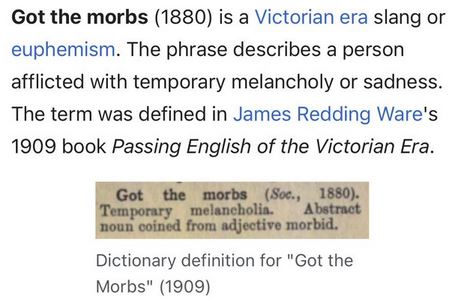I have to admit that I’ve missed Jeff Goldstein’s Protein Wisdom these past few years — Jeff was one of the First Wave of bloggers, and his writings were always interesting, not to say educational.
As is his latest post. Witness:
At its essence, stakeholder capitalism is Marxian capitalism run through a lens of business ethics. It is the attempt to maintain authoritarian control over capitalism by forcing upon the Invisible Hand a Velvet Glove, then using that glove, which hides an iron fist, to pound the world into adopting values that both assert and maintain its worldview. It is Theory applied to markets, marketing, wealth creation and management, and an overall globalized ethos of required and policed “virtue,” with the end goal being — as it always is under the discourses of cultural Marxist thought — power: who has it, who controls it, and who uses it for their own ends most effectively and ruthlessly.
Seldom have I seen varied metaphors blended so seamlessly into a single argument.
And the well-stated zinger:
In the stakeholder capitalist system, investors aren’t — or at least, they shouldn’t be — solely interested in profits driven by production and consumption. And this is because to the stakeholder capitalist, itself a euphemism for collectivist corporatist, “it is well proven that our current form of Capitalism is inherently unsustainable because it requires endless growth on a planet with finite resources.”
Of course, none of this is “well proven” — the history of shareholder capitalism suggests the opposite, in fact, as innovation has led to the production of more and more out of less and less — but whether this is or isn’t the material case is incidental to those who are working on this inorganic worldwide paradigm shift commonly known as The Great Reset.
Read the whole thing, because it’s protean.

